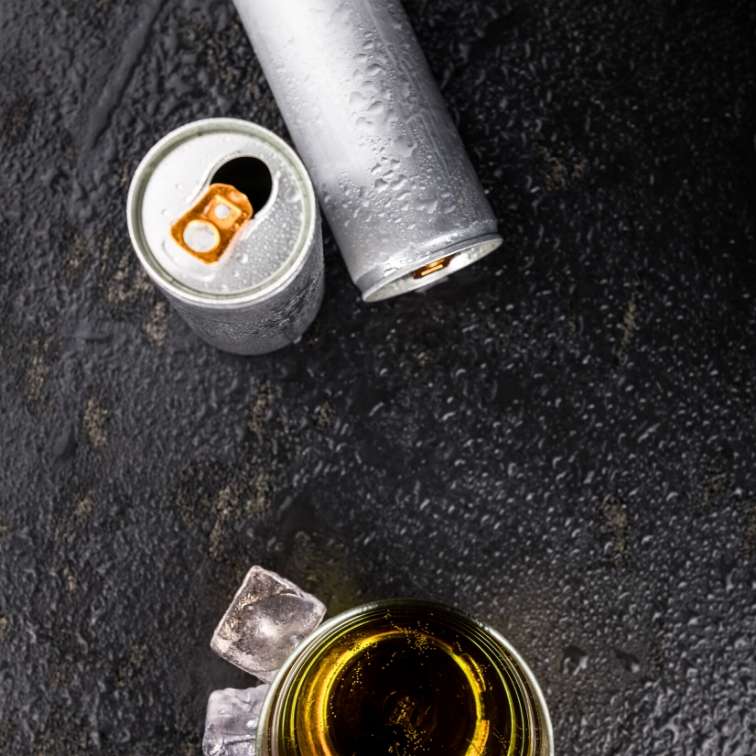
Energy Drinks for Swimmers: The Good & The Bad
Walk into any gym, training center, or vitamin shop and you're likely to see energy drinks heavily marketed to athletes of all ages. In fact, energy drinks in every flavor are everywhere now: the lunchroom, the school cafeteria, the deli, and just about every convenience store. But are energy drinks for swimmers the best thing for your performance? In a few instances, maybe, but as you'll see, they can sometimes do more harm than good.

Why are you feeling tired?
Something to explore if you're tempted to reach for those energy drinks is why you are tired in the first place. Are you not getting enough sleep? Is your diet overloaded with fats and empty carbs that are draining the energy you do have? Or maybe you're stressed out and not getting quality Z's at night? Examine your habits and take a look at how you can make improvements naturally before supplementing your diet and nutrition plan with an energy drink. Constantly using these energy drinks may mask the real source of your fatigue and that can be dangerous over the long term.
How do they affect performance?
The Good:
Most energy drinks contain some form of caffeine to give your body an extra boost. Caffeine has been used as an ergogenic, or stamina-enhancing, aide for years and consistent benefits have been found in endurance athletic events. The reason that caffeine helps is because it delays fatigue by enhancing fat oxidation and maintaining carbohydrate stores. In two different studies with athletes, caffeine was shown to increase focus, alertness, and time to exhaustion, but there was no increase in power for the athletes in either of these studies.
The Bad:
Unfortunately, the negative consequences of drinking energy drinks far outweigh the limited benefits. Studies show that when swimmers experience excessive nervous system activity, they tend to experience poor performance. Most swimmers are already in a nervous, excited, or altered state due to pre-race stress, but those who also consume an energy drink make themselves susceptible to increased muscular tension, shallow breathing, or compromised reaction time that often leads to poor performance in the pool.
After the race is over, energy drinks can also cause insomnia, nervousness, headaches, elevated heart rate, and dehydration. Dehydration happens because energy drinks encourage frequent urination, and energy drinks with high sugar content can aggravate and worsen the dehydrating effects of caffeine. In addition to these short-term effects, people who stop using energy drinks show withdrawal symptoms that can become very serious and keep you from swimming at your best, if at all.
Teen swimmers: take care.
Any swimmer who is still developing physically, and even psychologically, should take care with energy drinks. More than 100 mg of caffeine per day in pre-teens and teens has been associated with agitation, anxiety, poor sleep, rapid heart rate, increased blood pressure, altered mental states, and even more extreme - seizures. None of these symptoms are going to help you be successful in the pool. Besides possibly having banned substances that might show up in eligibility tests, energy drinks are full of ingredients that can harm a developing young athlete. For example, ingredients that are natural and would seem harmless, like guarana, which is a natural caffeine, is on the NCAA banned substances list. So read labels and be careful about what you're drinking while you are training.
Below we compiled a little table showing the caffeine contents of drinks in for their serving size and also the total caffeine per fluid ounce.
| Energy Drinks & Well Known Coffees | fl oz | Caffeine (mg) | mg/ fl oz |
| 5-hour Energy | 1.9 | 200 | 100.0 |
| Rockstar Energy Shot | 2.5 | 200 | 80.0 |
| Redline Energy Drink | 8 | 250 | 31.2 |
| Starbucks Coffee - Grande | 16 | 330 | 20.6 |
| Dunkin' Donuts Brewed Coffee | 16 | 302 | 19 |
| Bang Energy Drink | 16 | 300 | 18.8 |
| Rockstar Punched | 16 | 240 | 15.0 |
| Frava Caffeinated Juice | 16 | 200 | 12.5 |
| Full Throttle | 16 | 160 | 10.0 |
| Monster Energy | 16 | 160 | 10.0 |
| NOS Energy Drink (Coca-Cola) | 16 | 160 | 10.0 |
| V8 V-Fusion+Energy | 8 | 80 | 10.0 |
| Red Bull | 8.46 | 80 | 9.5 |
|
Latest Update 5th Feb 2016. Information was obtained from http://www.caffeineinformer.com/
|
|||
Make a smart choice
The body's best source of energy is from glucose and you get this from eating carbohydrates. Your body needs energy, and the best way to get it is from these glucose stores if you have been eating a proper diet with the right carbs, protein, vitamins and minerals. But stimulants cannot substitute for glucose. They give your body a false sense of energy, and you're likely to crash which is the last thing you want mid-race.
If you're going to supplement your well-balanced, food-based diet with the occasional energy drink, make sure you do your research and make a good choice about what to drink for maximum health and performance. Often, swimmers confuse energy drinks with sports drinks and liquid supplements, and it's no wonder with all of the enticing and possibly deceptive marketing tactics that are used. A sports drink contains a small amount of carbohydrates, minerals, electrolytes and flavorings and is intended to replace those nutrients lost through sweating after a tough workout. Gatorade is an example of a sports drink and many swimmers use this to replenish fluids after a long workout.
But for simple hydration, the best choice is water. And if you want to change it up, opt for milk or natural fruit juice. Hydration for swimmers is critical for performance and is something that should be a central part of your athletic nutrition plan.
Now that you know the good and the bad about energy drinks, make the smart choice and perform at your best the healthy way.
Sources:
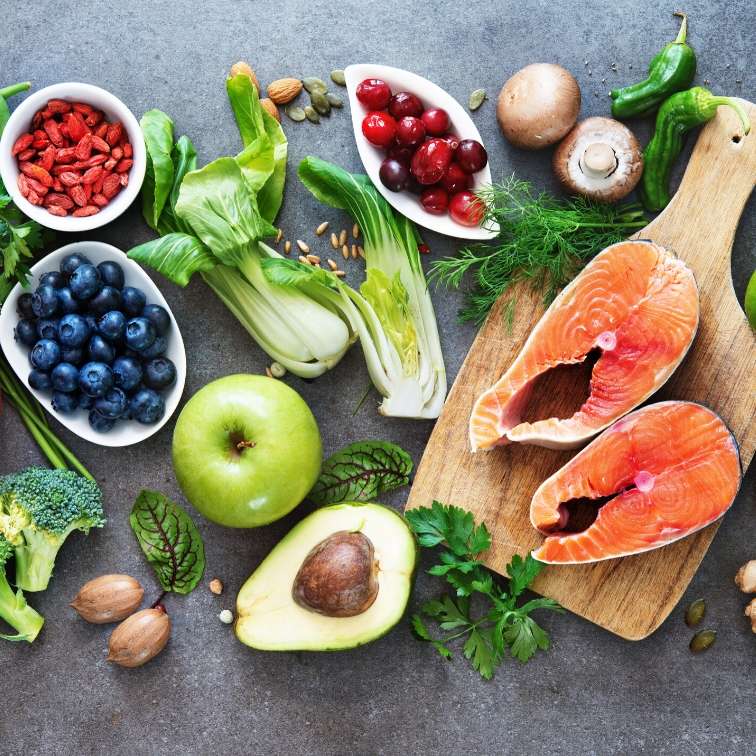
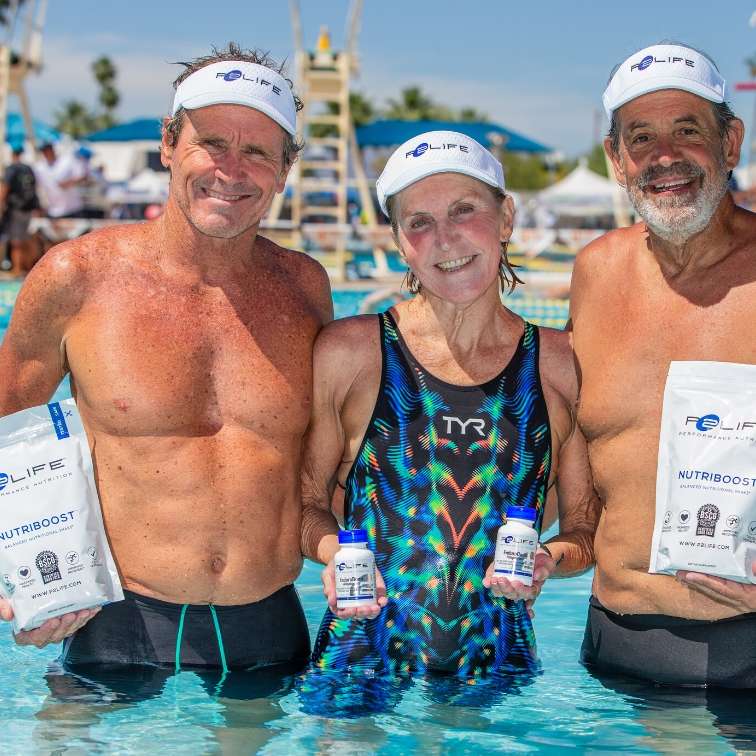






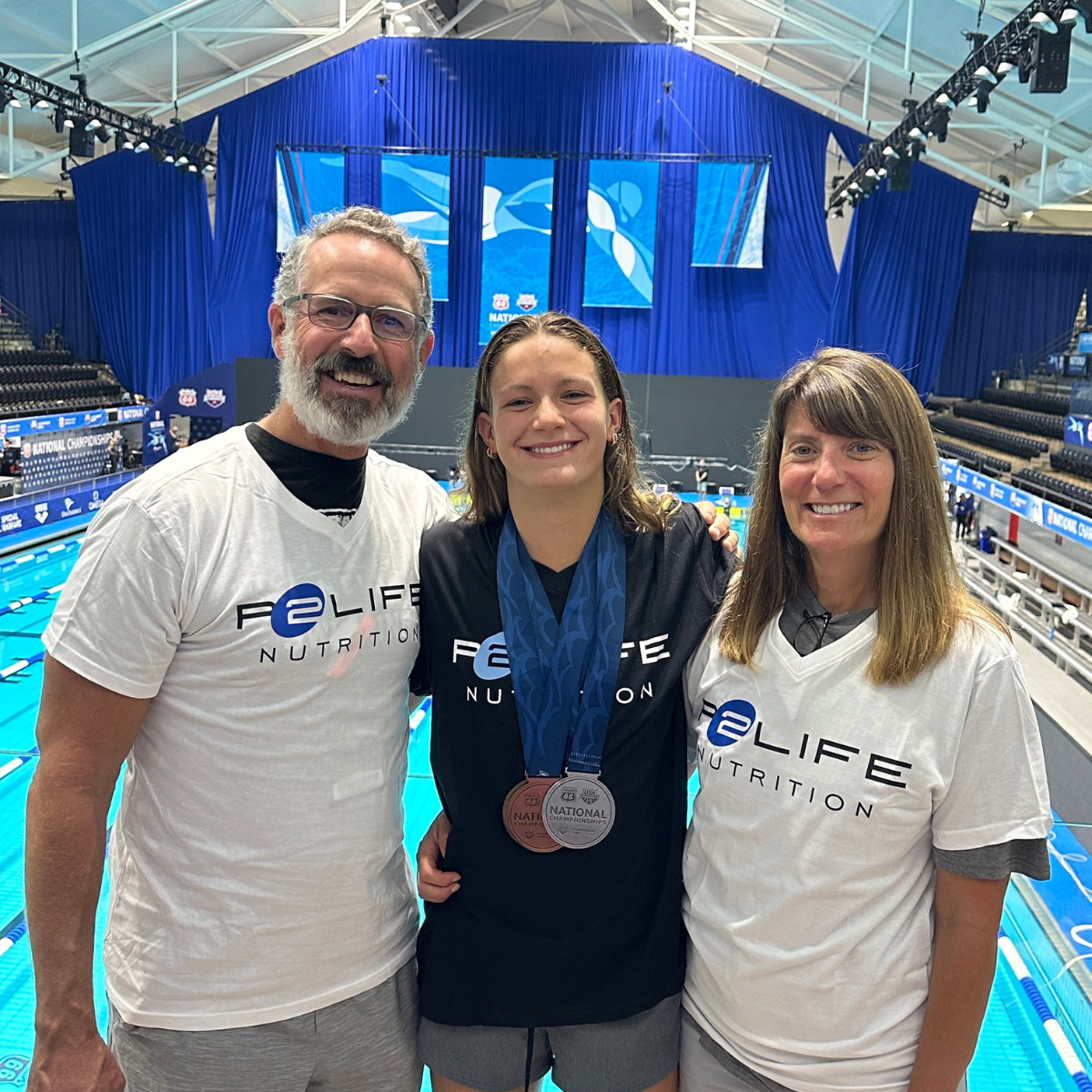
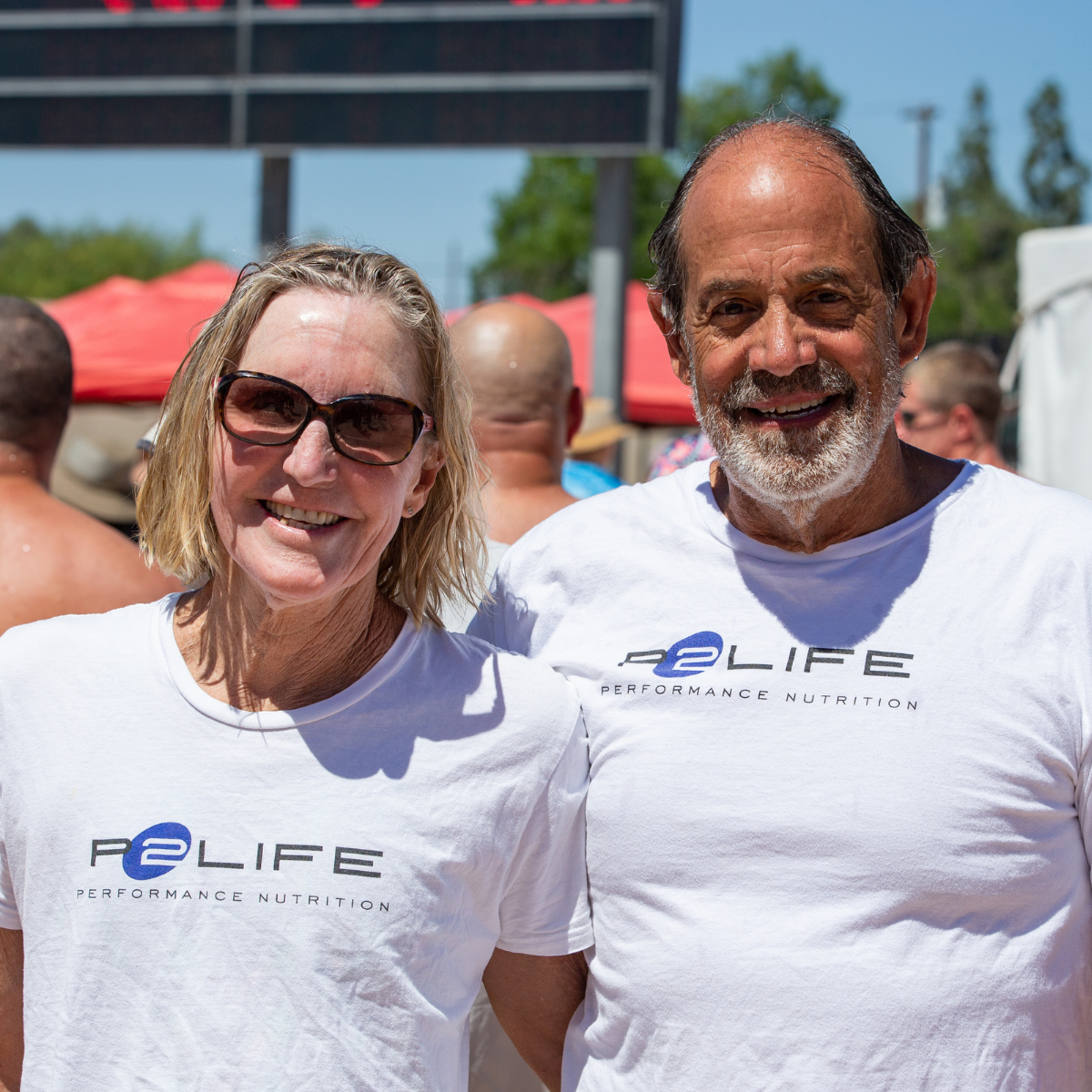
Leave a comment
This site is protected by hCaptcha and the hCaptcha Privacy Policy and Terms of Service apply.